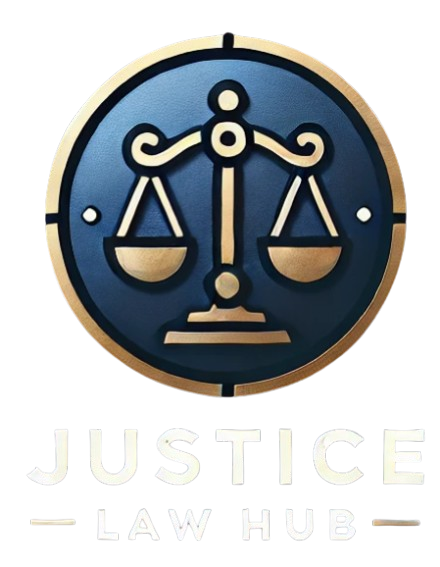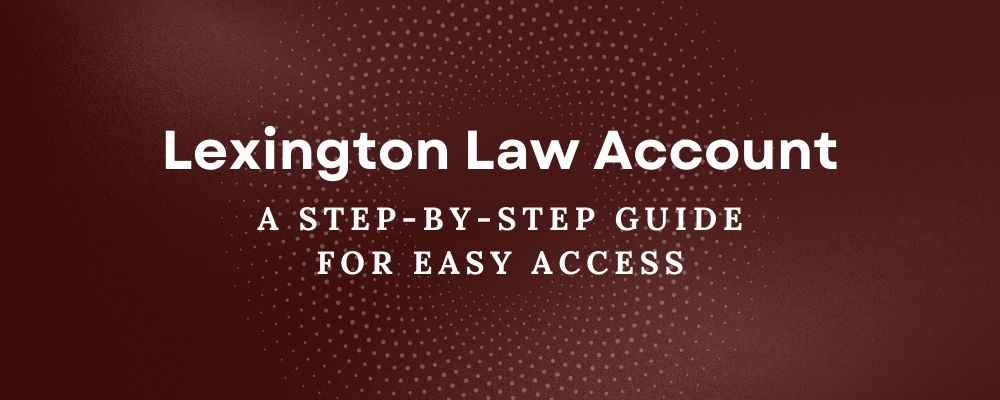Applying to law school is a rigorous process that demands careful preparation. From your personal statement to academic transcripts, every element of your application is scrutinized. One common question among prospective law students is: do law schools verify your resume? This guide explores that question in depth, providing insights into what law schools look for, how they verify information, and how you can ensure your resume is accurate and compelling.
Understanding the Role of a Resume in Law School Applications
Your resume is more than a list of experiences—it’s a tool that helps law schools understand who you are beyond your grades and test scores. It highlights your professional experience, internships, volunteer work, leadership roles, and skills relevant to legal studies.
Law schools receive thousands of applications each year. Admissions committees use resumes to quickly gauge whether a candidate demonstrates potential for legal reasoning, leadership, and dedication to the field. But with so many applicants, the question arises: do law schools verify your resume?
How Law Schools Review Resumes
Law schools primarily focus on honesty and consistency when reviewing applications. While most law schools may not directly call your former employers or organizations listed on your resume, they employ several methods to verify authenticity:
1. Cross-Checking With Application Materials
Admissions committees often compare your resume against other parts of your application. For example:
- Academic transcripts: They check for consistency in your educational background.
- Letters of recommendation: They look for confirmation of roles or achievements mentioned on your resume.
- Personal statement: Experiences mentioned here should align with your resume.
Discrepancies can raise red flags, leading admissions to question your credibility.
2. Professional Verification in Certain Cases
Some law schools, especially those with highly competitive programs, may conduct background checks or request verification for significant professional experiences. This could include:
- Employment verification for full-time roles
- Confirmation of internships, especially in government or legal offices
- Leadership or volunteer roles in nonprofit organizations
While these verifications are not universal, it’s crucial to list only experiences you can confidently substantiate.
Related Post: Do All Law Schools Require LSAT
Do Law Schools Verify Your Resume? The Nuances
The short answer is: sometimes, but not always. Law schools primarily rely on your integrity. Most admissions officers trust applicants to provide accurate information, especially because falsifying a resume can have serious consequences.
Consequences of Misrepresentation
Falsifying or exaggerating experiences can lead to:
- Immediate rejection of your application
- Withdrawal of an offer of admission
- Damage to your reputation within the legal academic community
Law schools may also share this information with other institutions, making honesty crucial.
Areas Most Likely to Be Verified
Even if verification is rare, certain elements of your resume are more likely to be checked:
- Employment history: Positions at law firms, corporations, or government offices
- Internships: Especially legal internships that are central to your experience
- Awards and honors: Prestigious recognitions or scholarships
- Volunteer roles: Notable community service or leadership positions
Other experiences, such as club memberships or minor roles, are typically not verified but should still be truthful.
Tips for Creating a Verified-Ready Resume
Knowing that law schools may verify key details, you can take proactive steps to strengthen your resume:
1. Be Honest and Accurate
Honesty is your most important asset. Do not exaggerate your role or responsibilities. Use clear, factual language to describe achievements.
2. Keep Documentation
Maintain records of your employment, internships, and volunteer work. This could include:
- Offer letters or contracts
- Recommendation letters
- Certificates of achievement
- Emails confirming roles or responsibilities
Having these documents can help you quickly verify your resume if asked.
3. Tailor Your Resume for Law School
Admissions committees look for experiences that demonstrate analytical thinking, leadership, and community engagement. Highlight experiences that align with legal studies while ensuring accuracy.
4. Use Professional Formatting
A well-organized, clear resume reflects your attention to detail—a key trait for law students. Consider the following structure:
- Contact Information
- Education
- Professional Experience
- Internships
- Volunteer Work and Extracurricular Activities
- Skills and Certifications
5. Avoid Inflated Titles
Instead of using grandiose titles, describe your actual responsibilities and accomplishments. Admissions officers are skilled at spotting exaggerations.
Related Post: Can You Get Into Law School With Any Degree
Common Misconceptions About Resume Verification
Many applicants worry excessively about verification, but there are a few myths to dispel:
- Myth 1: Law schools always verify employment.
Most do not unless the position is central to your application. - Myth 2: Small roles don’t matter.
While minor experiences are rarely verified, they should still be honest to maintain overall credibility. - Myth 3: Law schools expect perfect resumes.
Law schools value clarity, accuracy, and authenticity more than perfection.
The Importance of Integrity in Law School Applications
Ultimately, law schools seek applicants who demonstrate honesty, professionalism, and commitment. Your resume is an opportunity to showcase these traits. Misrepresentation not only risks your admission but can undermine your future legal career.
Admissions committees understand that applicants may have gaps or unconventional experiences. What matters is transparency, reflection, and the ability to demonstrate meaningful growth.
Final Thoughts
So, do law schools verify your resume? The answer is nuanced. While not every detail may be checked, key experiences, particularly those related to law, leadership, or significant achievements, may be subject to verification. Honesty, clarity, and proper documentation are your best safeguards.
By preparing a truthful, well-organized, and targeted resume, you enhance your chances of admission while demonstrating the integrity and professionalism law schools value. Remember: your resume is not just a list of experiences—it’s a reflection of your character and potential as a future legal professional.



